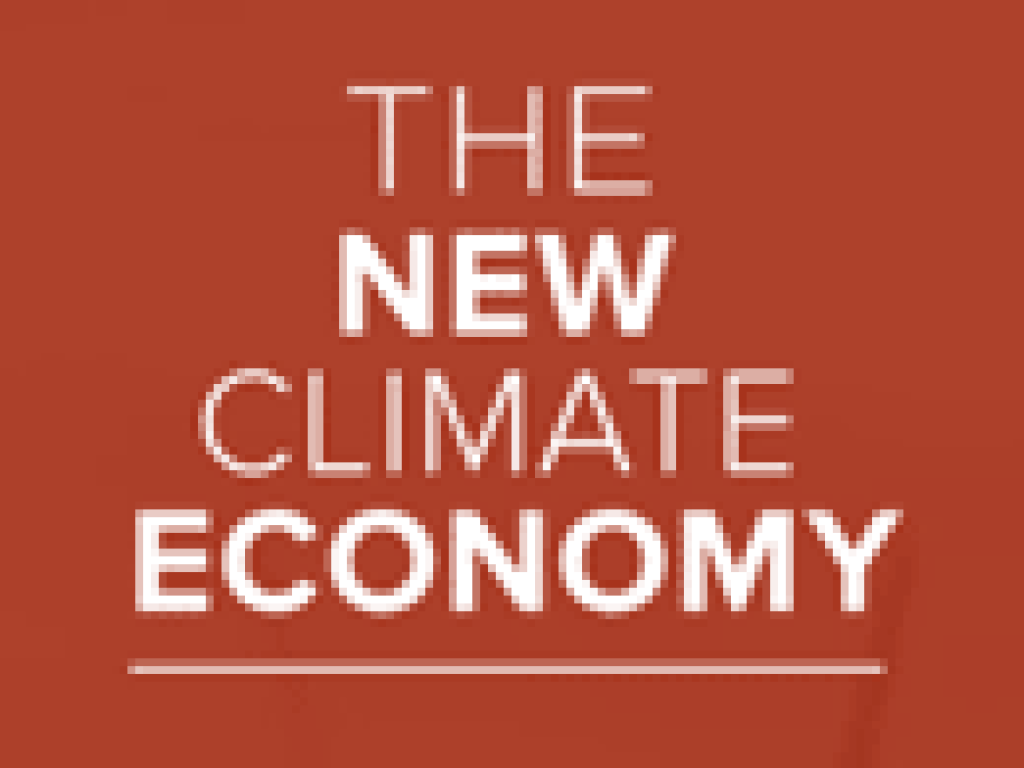Better Growth : Better Climate : the New Climate Economy by the Global Commission on the Economy and Climate

Workshop on the New Climate Economy Report: Better Growth, Better Climate Opening Remarks by Minister in the Presidency, Mr JT Radebe, Wits Club, Johannesburg
18 September 2014
New Climate Economy Report: Better Growth, Better Climate
British High Commissioner to South Africa, Mrs Judith Macgregor, Ambassadors of different countries,
Members of the Global Commission on the Economy and Climate, Members of the National Planning Commission of South Africa,
Senior Officials of our Government and other governments represented in our country,
Distinguished Guests, Ladies and Gentlemen, Good morning.
I have the pleasure to welcome you all to this very important workshop jointly organized and hosted by the National Planning Commission, the British High Commission and the Global Commission on the Economy and Climate. Later today we will take part in the South African launch of the New Climate Economy Report.
I would like to acknowledge and thank the British High Commission for co-hosting this workshop and to express appreciation to all members of the Global Commission on the Economy and Climate for seeing it fit to have the report launched in South Africa. I want to specifically acknowledge my predecessor and colleague for the past 20 years in
Government, and my comrade for many years, Mr Trevor Manuel. We are proud that you are one of the 24 distinguished Commissioners of the Global Commission on the Economy and Climate drawn from 19 different countries.
I thank you all for making the time to be here on such an important occasion. There is a very close alignment between the main subject of the New Climate Economy Report and the National Development Plan, our roadmap and blueprint for the next 16 years. It is a subject that should occupy centre stage and be a priority for all leaders in government, business and civil society.
I believe we have drawn together an experienced group of experts, academics and professionals to assist us with examining this report and developing a better and deeper understanding of what it means for all of us. The deliberations that will follow shortly will certainly help us chart a way through the challenges we face in South Africa and the continent, in respect of climate change.
Climate change is a reality. Due to hard work by scientists and activists on the climate, it has become common knowledge that it is a consequence of the emission of greenhouse gases due to human activity, mainly in the last century. Not only has science informed us that land and sea temperatures are rising and so is the level of the sea, but we have observed various weather calamities attributable to these very same changes. The last three decades have been the hottest in history, particularly in the northern hemisphere.
With the evidence so clear, scientists and activists on the climate have presented this as compelling reason that we must act with speed and decisively. As governments it is our duty to deal with all these inter- related issues in a collaborative manner with partnerships at country, sub-regional and continental level as these cannot be left to climate change scientists and activists alone.
The problem, I think, is that there is a widespread perception that the cost of changing our behaviour is too high and that it is, in fact, a choice between either economic growth or mitigating climate risk. That it is ultimately this trade-off has delayed many countries' decisive roles in combating the factors leading to climate change.
This is amongst the important issues that we are asked to consider here today, and indeed, that the world is grappling with. Can we grow our economies and reduce climate risk simultaneously, or must we choose between the two issues Answering this question, I understand, was precisely the mandate for the Global Commission on the Economy and Climate.
As noted in the release of the report in different cities on Tuesday, they have reached a clear conclusion:
"Yes, indeed, it is possible to have both a better economic growth and a better climate". To choose between the two is like choosing between two faces of a coin when you need the whole coin! Both are imperatives of our modern development socially, economically, politically and environmentally.
The report is very comprehensive in its coverage of issues, and draws evidence from different parts of the world to support its conclusions. The challenge that confronts us is how we use it in relation to our developmental objectives.
The New Climate Economy report recommends that we must focus on three key interrelated systems: energy, cities, and land use. As I have already mentioned, each of these systems are addressed extensively in the National Development Plan, which is part of the reason for our interest in this report. The National Development Plan which is our blue print until at least 2030 considers climate change as composite to the transformation programmes that we must implement.
The report estimates that these three sectors will require investments of around $90 trillion dollars during the next 15 years. It warns that how we choose to invest these resources will determine if we get "locked-in" into a carbon intense future or if we are able to follow a low-carbon path.
First, in terms of energy, the report estimates that from now until 2030 energy demands will grow by up to a third. This growing demand will result from much needed improvements to living conditions and economic development on a global scale. We need to get the maximum development and growth from every unit of energy that we consume and we must seek to decouple our energy supply from carbon emissions. To do this, we must change the way we produce energy and the way we consume it.
Second, in terms of our cities, the report estimates that by 2030 one billion additional people will live in urban areas. Housing them is roughly the equivalent of building one city the size of Washington D.C., Berlin, or Singapore, every month, for the next 15 years. This is a daunting task indeed and many of our cities are already feeling the pressure.
The current model of sprawling cities with low density, more oriented to individual vehicles, is no longer viable. The Province of Gauteng here in South Africa is clear evidence of precisely this problem.
Finally, in terms of land use, by 2030 we will need to feed over 8 billion people. Increased income, urbanization and rapid population growth are putting enormous pressure on agricultural and forest systems.
We have to make better use of our land by improving agricultural productivity, while protecting and restoring natural environments. We need to create and finance a new green revolution that allows us to satisfy the growing demand for food, while avoiding the destruction of natural habitats, especially our rain-forests. We are now dealing with the consequences of the population explosion that put the environment under duress hence the importance of climate change mitigating initiatives as integral to global development.
It will become quite obvious to anyone who reads the report that acting now makes more sense than waiting. We now have evidence of a series of remarkable examples of policies that are succeeding around the world. We can build on these and adapt policies to specific conditions of each country. I believe that the willingness to act has increased, key actors are beginning to take inspiring steps in the right direction and for these reasons, I am convinced that the time is now.
However, bold action means that there are clear commitments by all actors involved. We need government, businesses and society to choose low-carbon paths and to make those choices now. Only once these individual choices are made will it translate into the collective action that we need. We must all make the right choices.
World leaders have been provided with irrefutable evidence in this report. For our part we, as the National Planning Commission, and the country as whole now have a set of tools that we can use to foster the economic growth that we all need, while reducing the climate risk that we all face.
With these few remarks, I would like to welcome you and wish you very successful deliberations.
I thank you!
